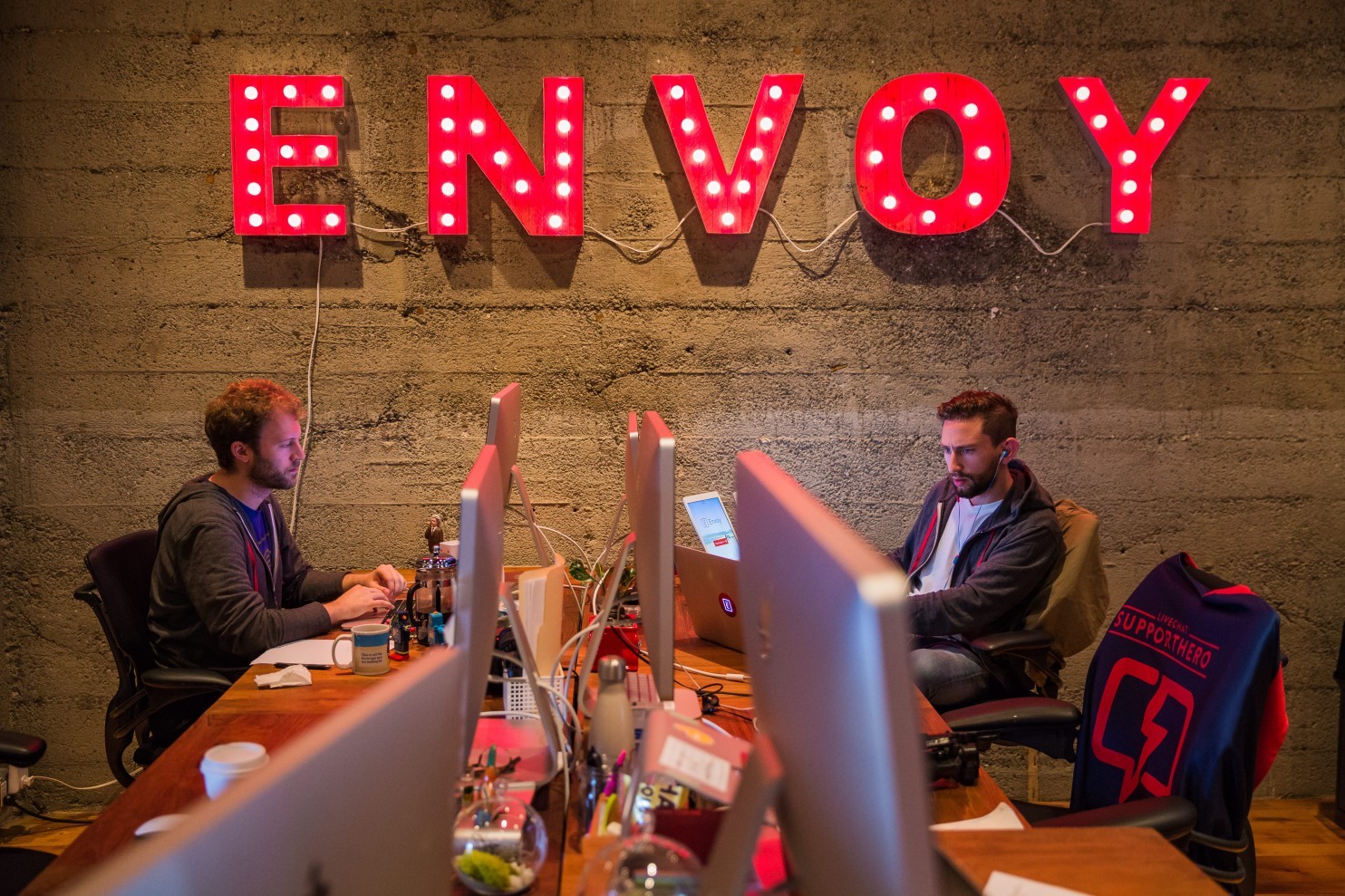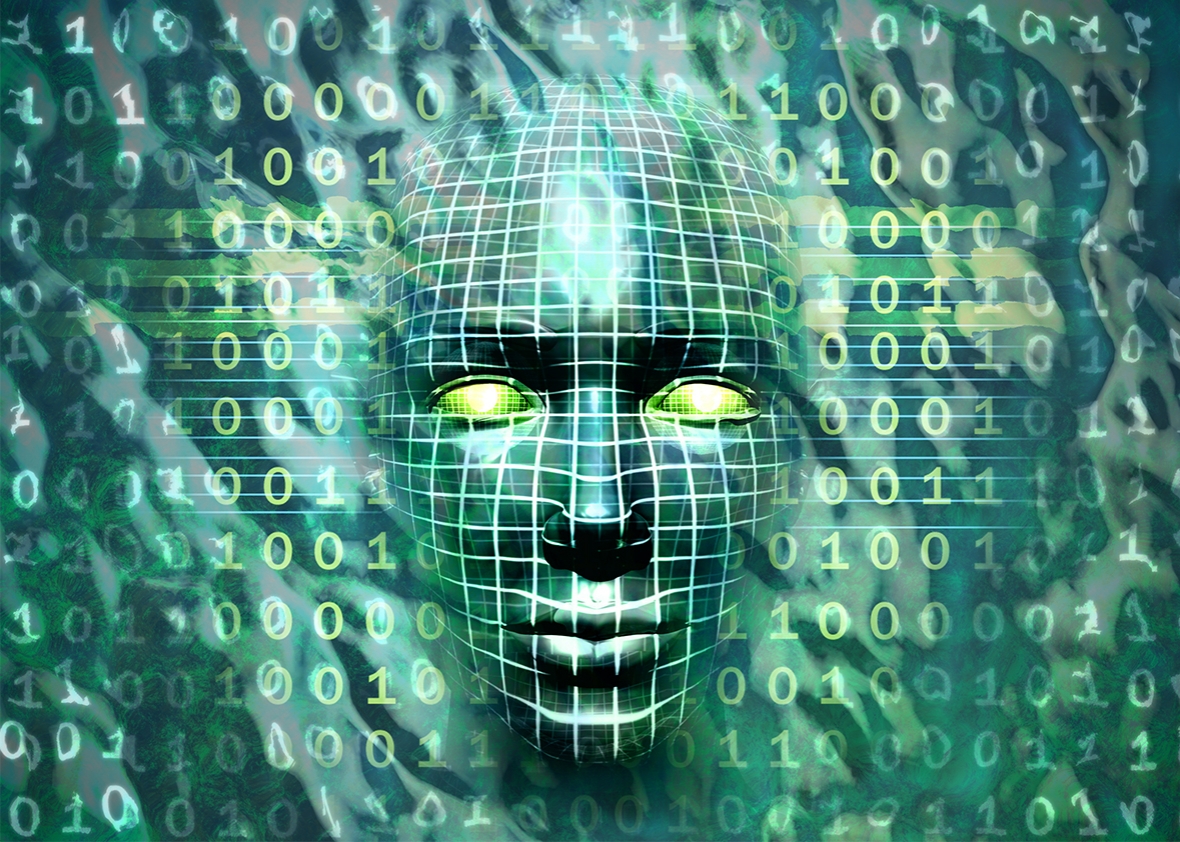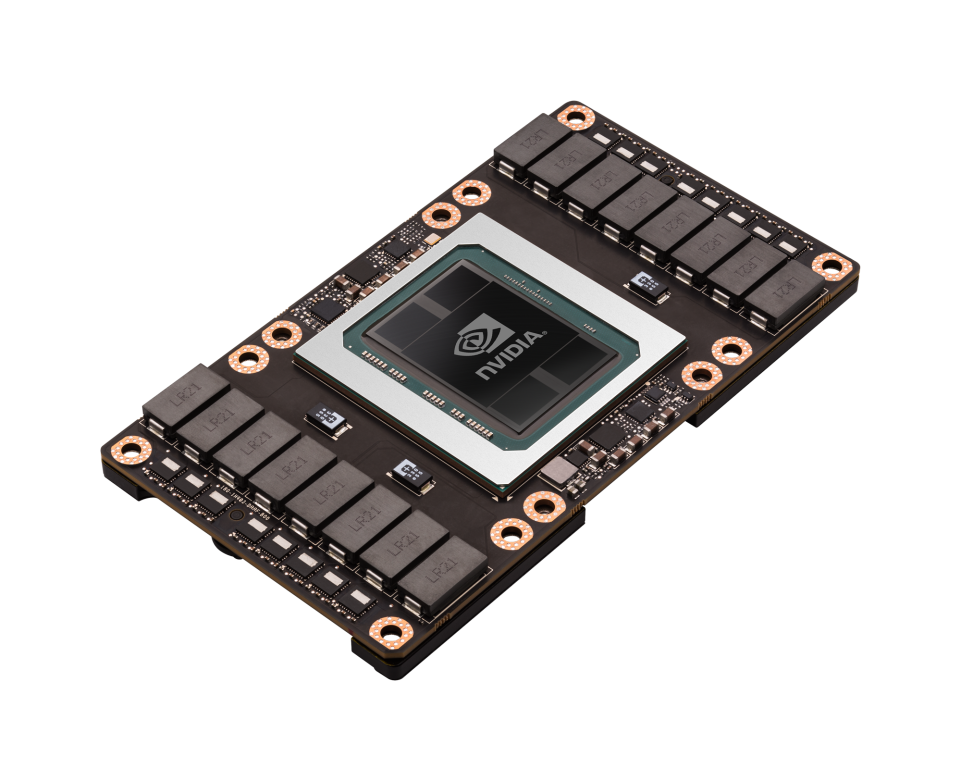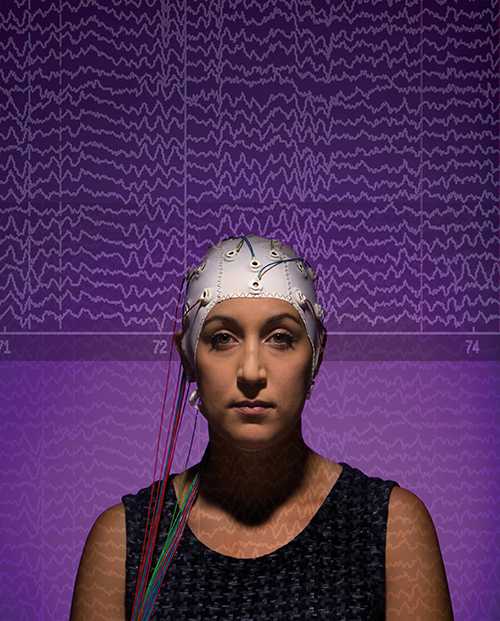“We have to keep as little [information] as possible so that even if the government or some other entity wanted access to it, we’d be able to say that we don’t have it,” said Gadea, founder and chief executive of Envoy. The 30-person company enables businesses to register visitors using iPads instead of handwritten visitor logs. The technology tracks who works at a firm, who visits the firm, and their contact information.
In Silicon Valley, there’s a new emphasis on putting up barriers to governmentrequests for data. The Apple-FBI case and its aftermath have tech firms racing to employ a variety of tools that would place customer information beyond the reach of a government-ordered search.
Source: What’s driving Silicon Valley to become ‘radicalized’ – The Washington Post





